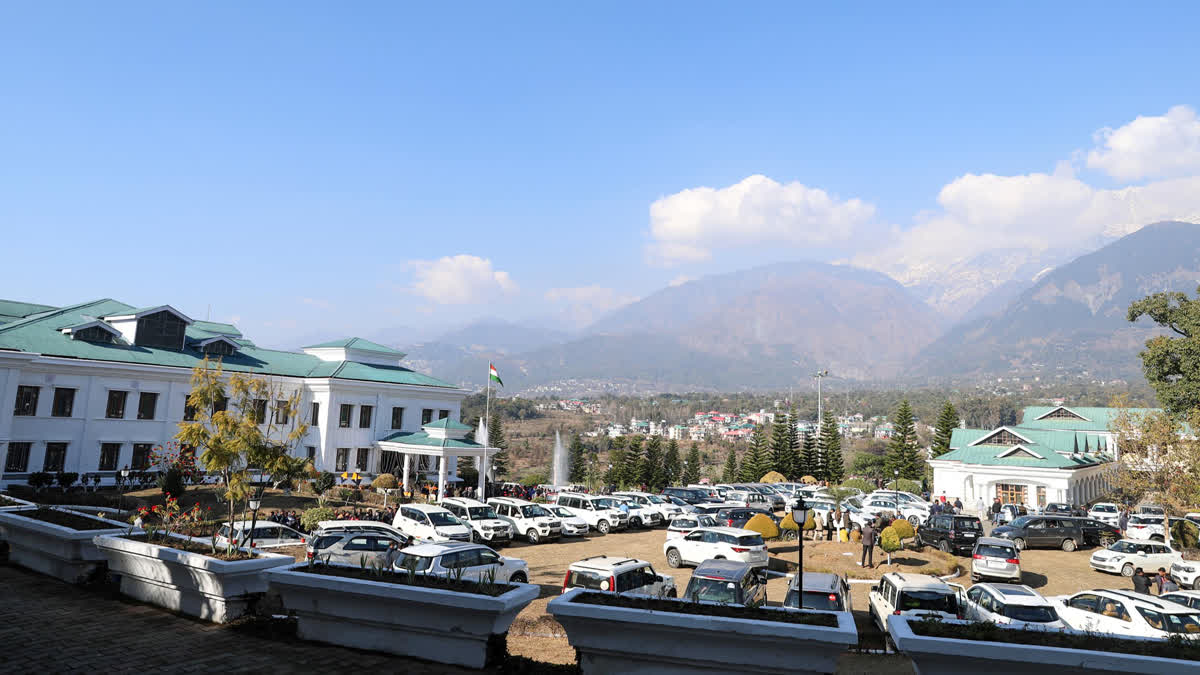To discourage MLAs from switching parties, the Congress led government in Himachal Pradesh on 4 September 2024 passed the Bill to revoke pensions of legislators disqualified under the Tenth Schedule of the Constitution. The Bill also allows the recovery of pension already drawn by the disqualified members. The Himachal Pradesh Legislative Assembly (Allowances and Pension of Members) Amendment Bill, 2024 was accordingly introduced and passed by the House. The objects and reasons of the Bill state “presently, there is no provision in the Act to discourage the defection of the legislative members under the Tenth Schedule of the Constitution of India. Thus to achieve this constitutional objective, to protect the mandate given by the people of the state, to preserve the democratic values and to have deterrence towards this constitutional sin it has been necessary to carry out amendments”.
‘-Disentitling for pension-’
According to the Bill a person shall not be entitled for pension under the Act if he has been disqualified at any time under the Tenth Schedule of the Constitution. The Bill further states that if a person is disentitled for pension, the amount of pension already drawn by him shall be recovered in the manner as may be prescribed. While introducing the Bill the Chief Minister said that the amendment was essential to maintain democratic norms and traditions. The Bill will deter those who indulge in acts that supported the toppling of a democratically elected government, he added.
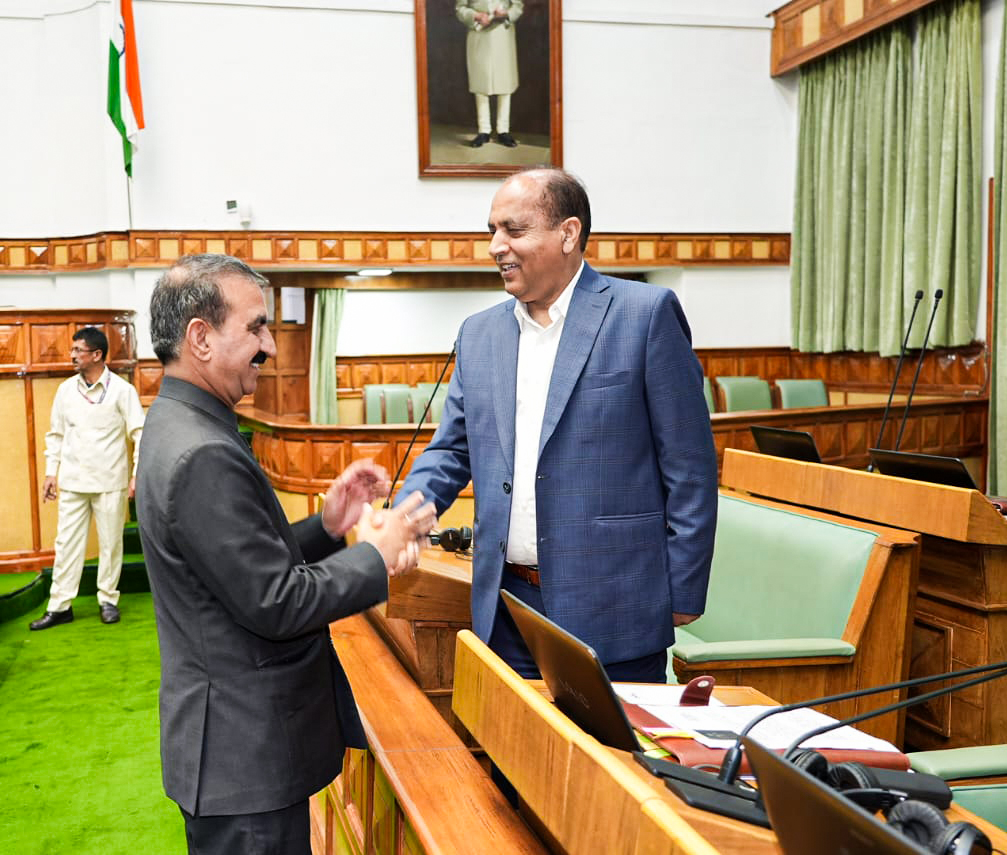
‘-Anti-defection law-’
The frequent switching of parties by legislators (MPs and MLAs) at will finally led to the amendment of the Constitution (Fifty-Second Amendment) Act, which came into effect from 1 March 1985, and amended articles 101, 102, 190 and 191 of the Constitution regarding vacation of seats and disqualification for membership of Parliament and the State legislatures and added a new schedule, namely the Tenth Schedule (PROVISIONS AS TO DISQUALIFICATION ON GROUND OF DEFECTION), which is popularly known as anti-defection law.
‘-Grounds for disqualification-’
The Tenth Schedule inter alia provides that member is disqualified for being a member of the House if he voluntarily gives up the membership of his political party or if he votes or abstains from voting in the house contrary to any direction issued by his political party or if he joins any other political party, after the election, other than the one by which he was set up. Various legislative bodies have framed rules for implementation of the Schedule by virtue of its para 8.
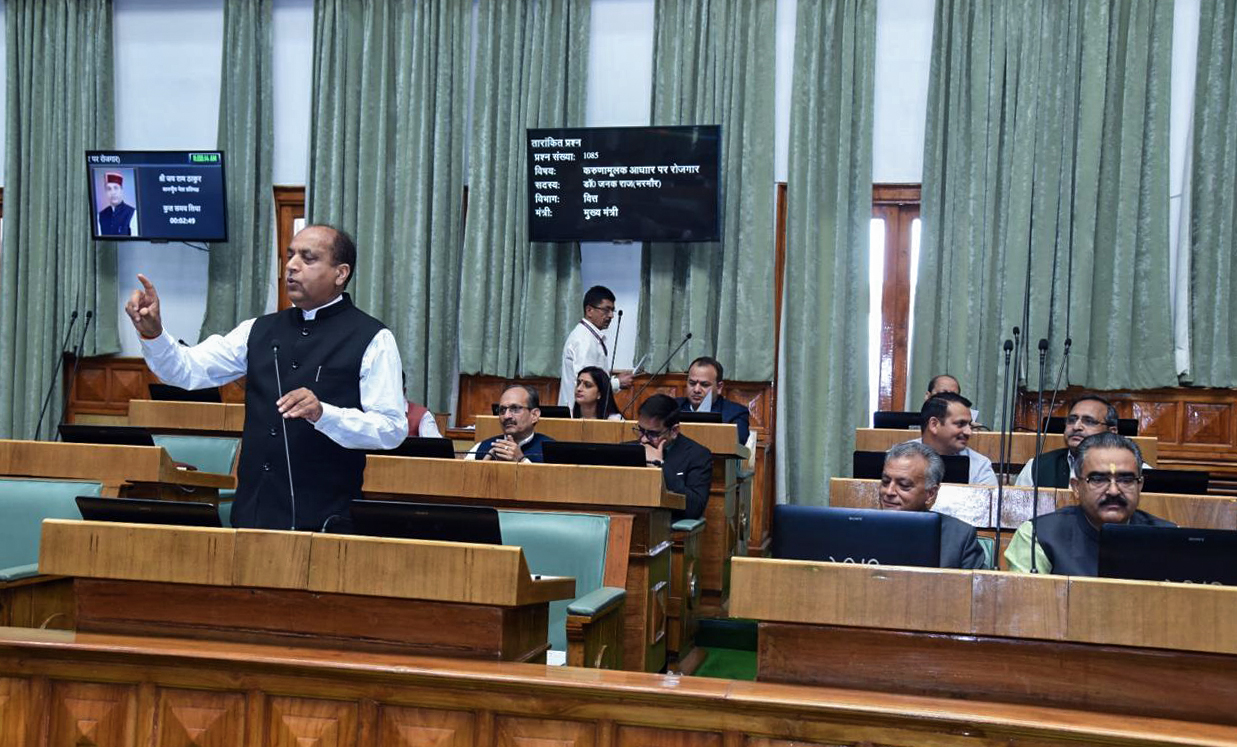
'-Provision for split-'
The Tenth Schedule, as enacted, contained a provision relating to split in political parties and provided that where a member of the House makes a claim that he and any other members of his legislative party constitute the group representing a faction which has arisen as a result of a split in his original political party and such group consists of not less than one--third of members of such legislative party, he does not incur disqualification. This provision was, however, subsequently deleted through 91st Constitutional Amendment Act of 2003. A member of a House, however, is not disqualified where his original political party merges with another political party and he claims that he and any other members of his original political party, have become members of such other political party or, as the case may be, of a new political party formed by such merger, to which not less than two-thirds of the members of the legislature party concerned have agreed.
'-The exceptions-'
A person who has been elected to the office of the Speaker or the Deputy. Speaker of the Lok Sabha or the Deputy Chairman of the Rajya Sabha or the Chairman or the Deputy Chairman of the Legislative Council of the State or the Speaker or the Deputy Speaker of the Legislative Assembly of a State is not disqualified if they voluntarily give up the membership of the party to which they belonged immediately before their being elected to these posts.
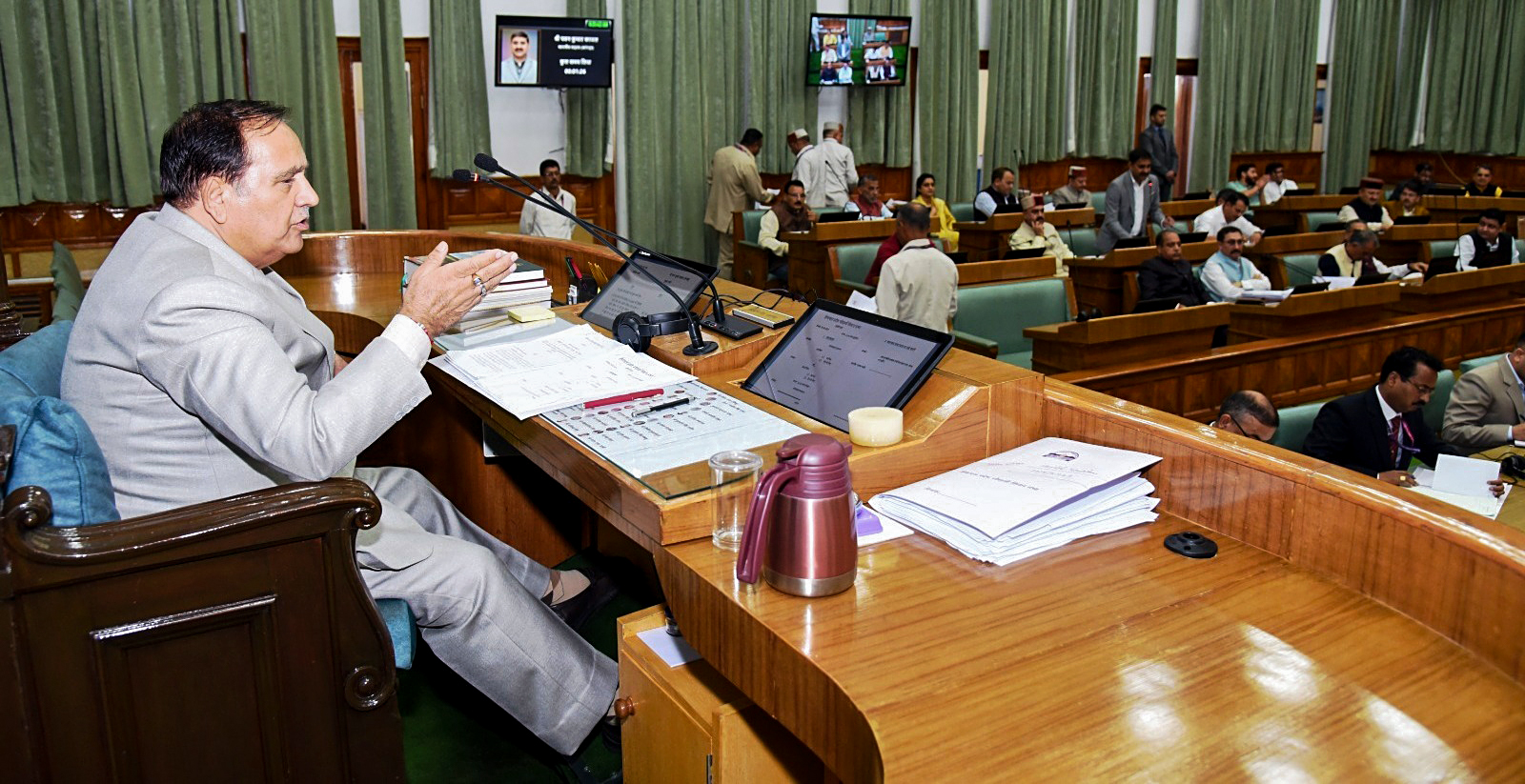
'-Supreme Court’s call-'
If any question arises as to whether a member of the house has become subject to disqualification, the question shall be referred to the Chairman or as the case may be, the Speaker of such house and his decisions shall be final. The courts are barred from exercising jurisdiction in respect of a house under the Tenth Schedule. However, this provision was declared invalid for want of ratification in accordance with the proviso to clause (2) of article 368 as per a Supreme Court’s majority verdict in the 1993 case of Kihoto Hollohon vs Zachilhu.
'-Delay over deciding disqualification petitions-'
The malaise of party hopping has continued unabated in spite of the enactment of the Tenth Schedule, particularly on account of delays in taking decision by the presiding officers on the petitions filed. For example the Supreme Court in its judgement in the case of Keisham Meghachandra Singh vs. Speaker Manipur Legislative Assembly and ors., delivered on January 21, 2020, rued the fact that no decision was taken by the Speaker Manipur Legislative Assembly on several applications filed between April and July 2017 under the Tenth Schedule of the Constitution of India for disqualification of T. Shyam Kumar, MLA, who after contesting on Congress ticket switched sides and supported BJP. The Supreme Court directed the Speaker to decide the disqualification petition within a period of four weeks.
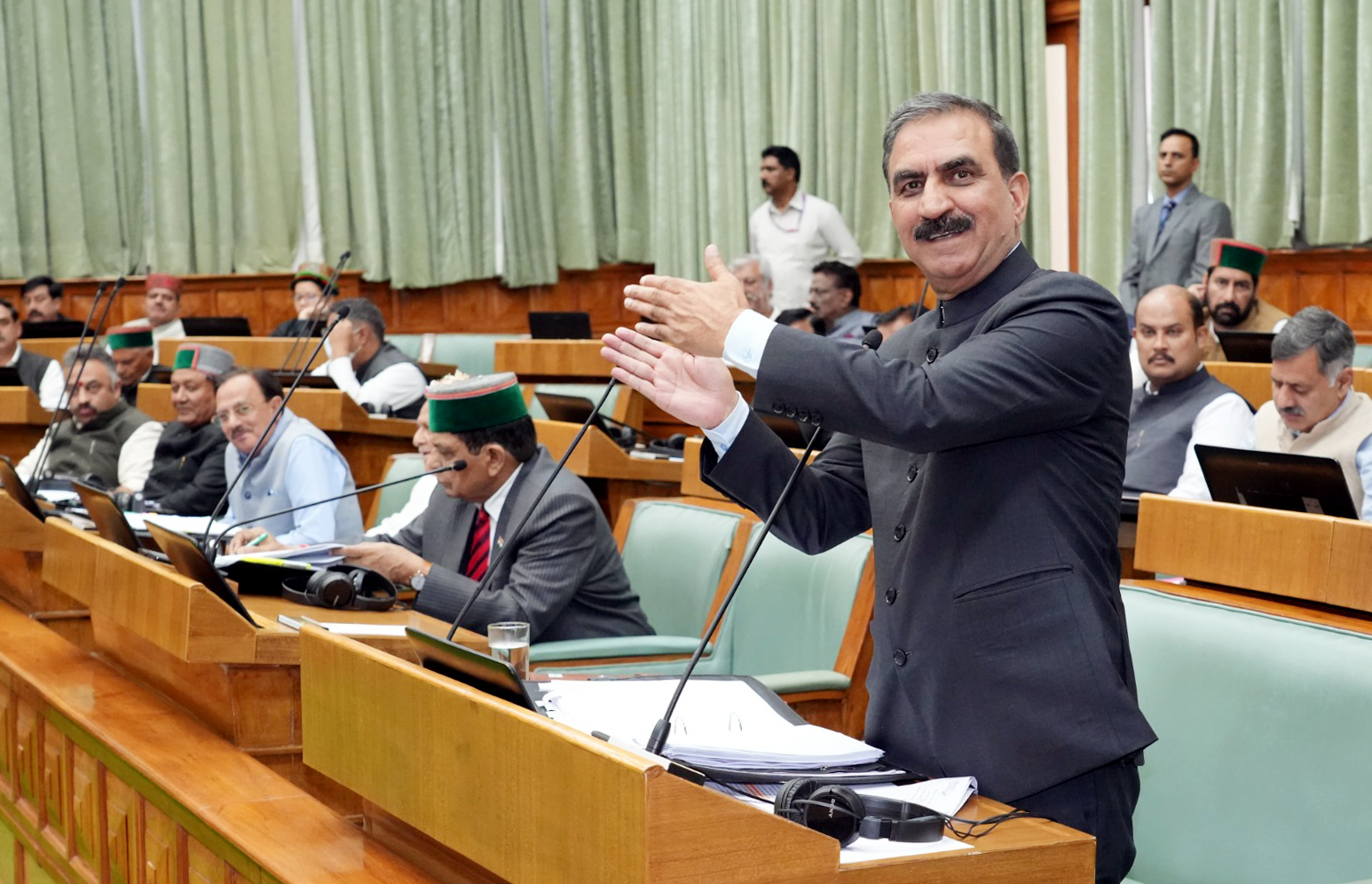
More recently, on 9 September 2024, the Telangana High Court directed the office of the Telangana Legislative Assembly Speaker to announce within four weeks the schedule of hearing the petitions seeking disqualification of three Bharat Rashtra Samiti (BRS) MLAs who joined the ruling Congress. “If nothing is heard within four weeks, it is made clear, that the matter would be reopened suo motu and appropriate orders will be passed.” The judge noted that the content of the petitions was akin to the facts in Keisham Meghachandra Singh vs. Speaker Manipur Legislative Assembly and ors. adjudicated by the Supreme Court, which held that the matter would be subject to judicial review if the Speaker fails to act within a reasonable time.
'-A beginning-'
The Bill passed by the Himachal Pradesh Legislative Assembly is, therefore, a welcome move. As stated by the Chief Minister, it will deter those who indulge in acts that support the toppling of a democratically elected government. Other States in the country would do well to take a leaf out of the move made by the Legislative Assembly of Himachal Pradesh.
